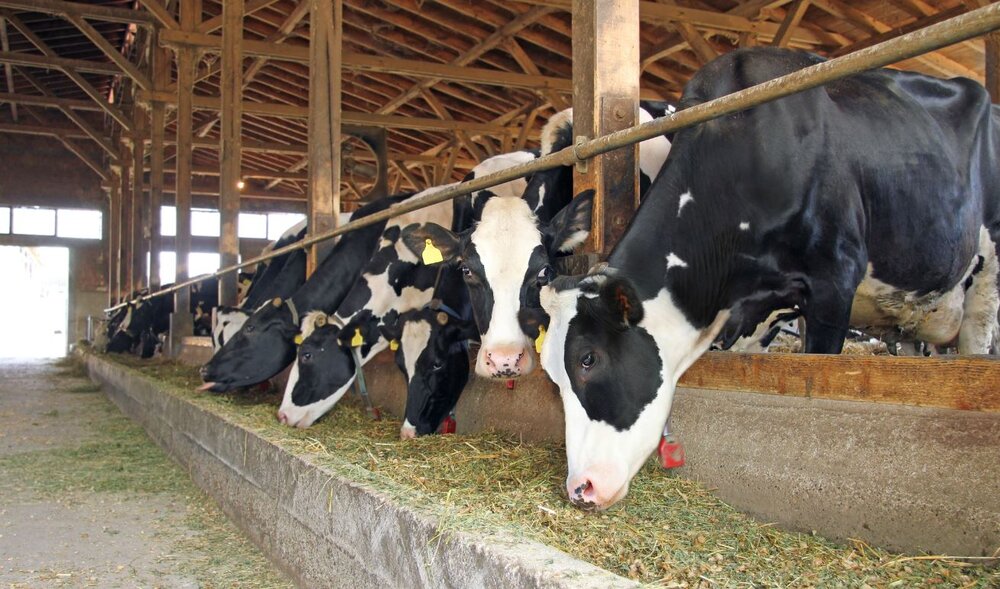Livestock food imports decrease 31%

TEHRAN- Iran’s imports of livestock food have dropped 31 percent since the beginning of the current Iranian calendar year (March 20), compared to the same period of time in the past year, a member of the Iranian Association of Livestock Food Importers announced.
Mohammad-Mehdi Nahavandi said that cornmeal import had a proper status in the mentioned time span, while the imports of barley and soybean meals have dropped, IRNA reported.
Last month, the managing director of Iran’s Livestock Affairs Support Company Hassan Abbasi Maroufan said that more than 1.8 million tons of raw materials for livestock food had been supplied to the country’s animal food producers in 70 days since the beginning of the current year.
“Of course, the country's demand during this period was 2.2 million tons, which wasn’t met due to the slowness of the transportation system following the coronavirus outbreak,” the official said.
“Until a month ago, up to 15,000 tons of livestock food was cleared from the customs every day and transported to the provinces, but now the daily amount of transportation has reached over 40,000 tons, which will soon fill the demand gap”, Maroufan explained.
“There are currently 2.2 million tons of livestock food stored in the country’s ports and are going through the process of health and standard controls for clearance and they will be on the market soon”, he said at the time.
Earlier this year, the outbreak of coronavirus and the closure of trade borders with the neighbors in addition to the economic impacts of the U.S. sanctions resulted in a drastic fall in the country’s animal food imports to a point that the prices of such commodities skyrocketed in the country.
“It was announced that due to the sanctions money transfers for about three million tons of corn and soybean meal were not carried out on time and so the supply of those goods were affected. As a result, the price of animal food went up,” Majid Movafeq Ghadirli, the chairman of Iranian Livestock Food Industries Association, said in early May.
In this regard, Maroufan also noted that the Central Bank of Iran (CBI) did not allocate subsidized foreign currency for the first four months of 2020, and that resulted in the price hikes.
However, CBI has resumed the subsidization of livestock and poultry feed imports since early April, according to the official.
Iran imports over 80 percent of raw materials for livestock food production, according to the Iranian Livestock Food Industries Association.
MA/MA
Leave a Comment